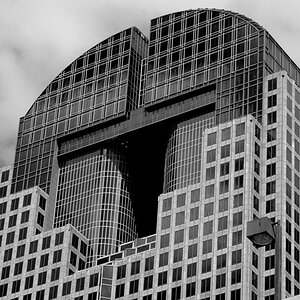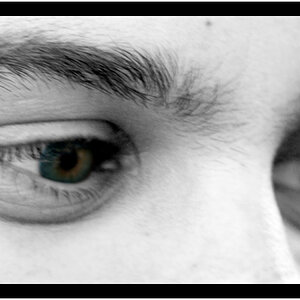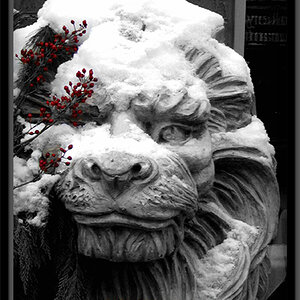arielkedem
TPF Noob!
- Joined
- Oct 15, 2005
- Messages
- 2
- Reaction score
- 0
hi,
i have several hundred slides and negatives i would like to have scanned for the following purposes: 1) (most important)- to start a gallery on Pbase! 2) to ensure they last many more years 3) to be able to make large prints from some of the slides.
it seems like financially it would be a good deal to buy a film scanner. however, i understand it is very time-consuming and i am not sure whether i would be able to perform the scan as professionally as a good lab would.
has anyone been in this situation? what did you eventually decide and what would you RECOMMEND me to do?
thanks,
ariel
i have several hundred slides and negatives i would like to have scanned for the following purposes: 1) (most important)- to start a gallery on Pbase! 2) to ensure they last many more years 3) to be able to make large prints from some of the slides.
it seems like financially it would be a good deal to buy a film scanner. however, i understand it is very time-consuming and i am not sure whether i would be able to perform the scan as professionally as a good lab would.
has anyone been in this situation? what did you eventually decide and what would you RECOMMEND me to do?
thanks,
ariel



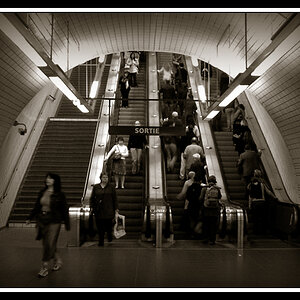
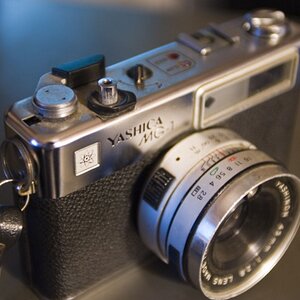
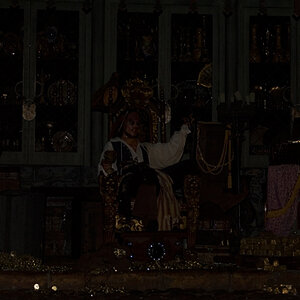
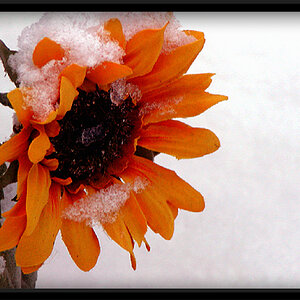
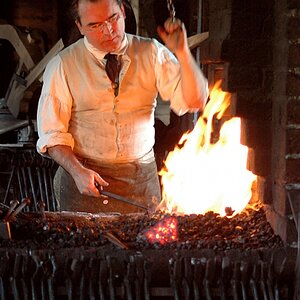
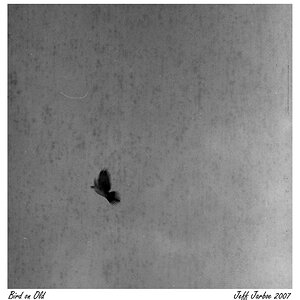
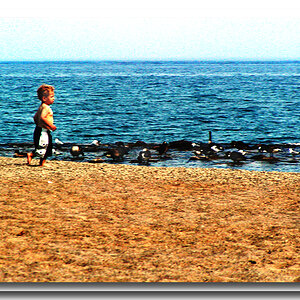
![[No title]](/data/xfmg/thumbnail/37/37494-d432dd0601f47668ec55d04f350f243b.jpg?1619738113)
